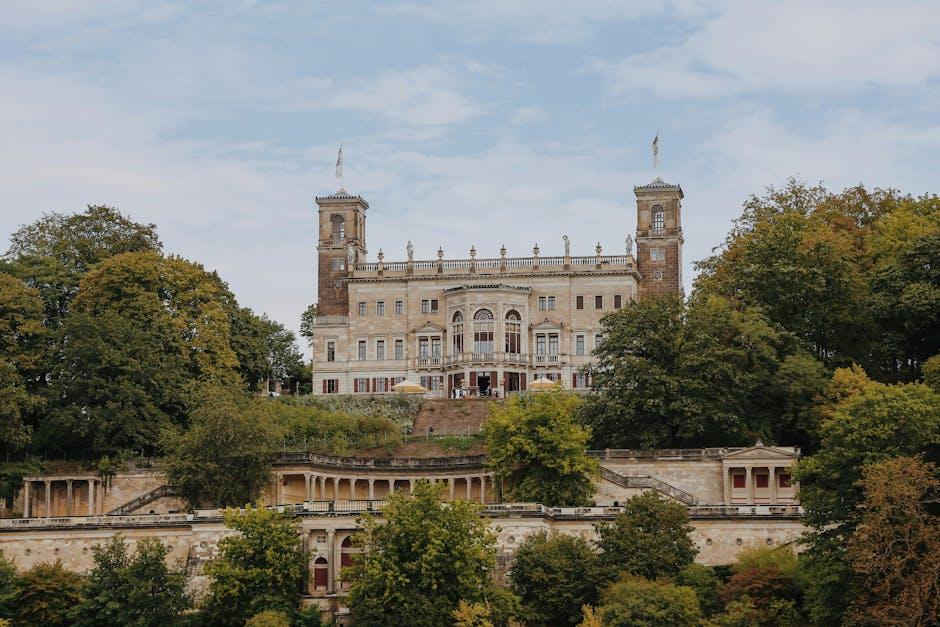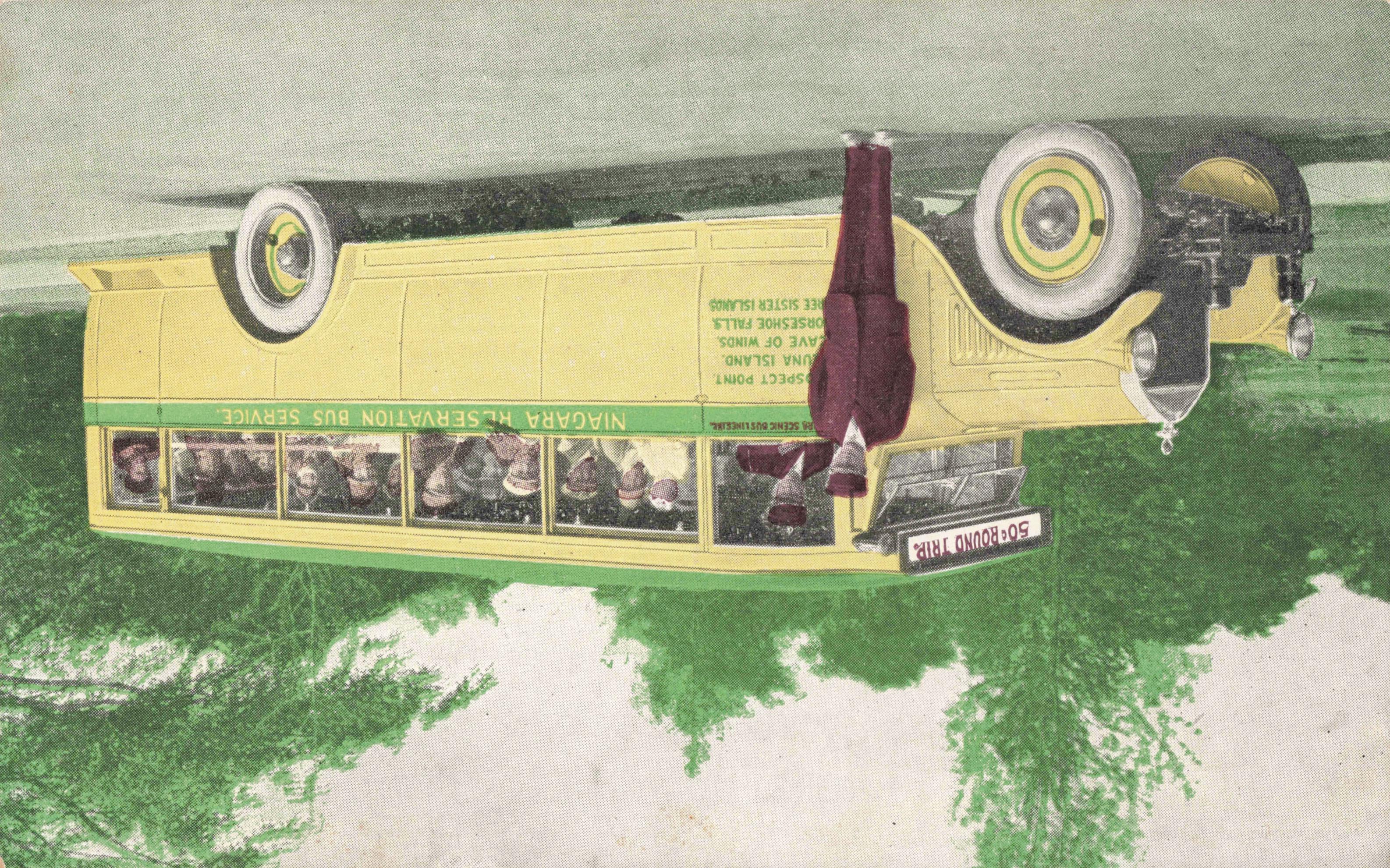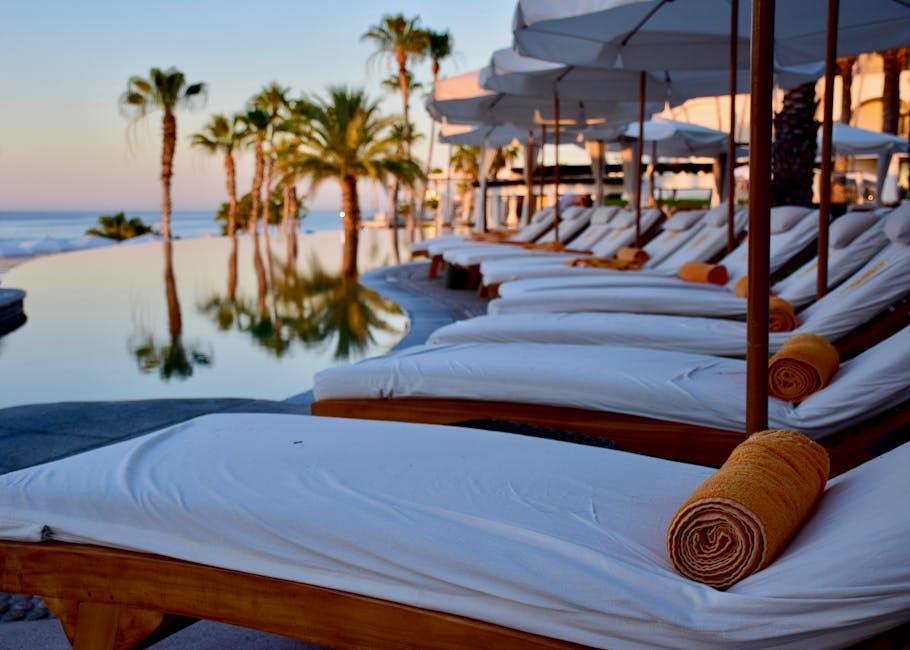In an era where global connectivity and affluence have made the farthest corners of the world accessible to discerning travelers, luxury travel experiences have become a symbol of prestige and exclusivity. These opulent journeys promise unparalleled comfort and unique encounters, often set against the backdrop of some of the most culturally rich and pristine locations on the planet. However, beneath the allure of five-star accommodations and bespoke itineraries lies a critical question: can the influx of luxury tourism be detrimental to the very cultures it seeks to celebrate? This article delves into the complex dynamics between luxury travel and local cultures, examining whether the quest for lavish experiences inadvertently leads to cultural commodification, erosion of traditions, and socio-economic disparities. By analyzing the multifaceted impacts of high-end tourism, we aim to uncover whether the pursuit of luxury ultimately serves as a bridge to cultural appreciation or a barrier to cultural preservation.
Impact of Luxury Tourism on Cultural Heritage
The allure of luxury tourism often promises an immersive dive into local cultures, offering travelers a curated experience of traditions, cuisines, and crafts. However, beneath the surface, there lies a complex relationship between opulence and authenticity. Luxury tourism can inadvertently lead to the commercialization of cultural heritage, where traditions are altered to meet the expectations of affluent visitors. This phenomenon often results in a dilution of authentic practices, as local communities might feel pressured to modify or even abandon their cultural expressions to cater to tourist demands.
Moreover, the influx of high-end travelers can create an economic disparity within communities. While some locals may benefit from the financial opportunities presented by luxury tourism, others might find themselves marginalized. This shift can lead to the erosion of cultural values, as the focus shifts from preserving heritage to capitalizing on it. Consider the following impacts:
- Transformation of Traditions: Traditional practices may be altered to become more palatable for tourists, leading to a loss of genuine cultural expressions.
- Economic Imbalance: Wealth generated by luxury tourism often benefits only a small segment of the community, exacerbating socio-economic divides.
- Environmental Stress: High-end tourism can strain local resources, impacting both the environment and cultural sites.

Balancing Luxury and Cultural Preservation
In the quest to offer opulent travel experiences, the tourism industry often finds itself walking a tightrope between indulgence and the preservation of cultural authenticity. While luxury travel can bring economic benefits and global recognition to a destination, it can also pose significant challenges to local cultures. The allure of high-end resorts and exclusive tours sometimes leads to the commercialization of cultural practices, diluting their original meaning and significance. This can result in a superficial portrayal of traditions, tailored more for tourist entertainment than for genuine cultural expression.
To ensure that luxury tourism supports rather than undermines cultural preservation, several strategies can be implemented:
- Engagement with Local Communities: Developing partnerships with local artisans, performers, and cultural custodians to ensure that tourism initiatives benefit them directly.
- Authentic Experiences: Offering experiences that allow travelers to genuinely engage with the culture, such as participating in traditional crafts or attending local festivals.
- Education and Awareness: Providing travelers with educational materials and briefings to foster respect and understanding of the local customs and traditions.
By integrating these approaches, luxury travel can become a conduit for cultural appreciation and sustainability, rather than a catalyst for cultural erosion.

Strategies for Sustainable Luxury Travel
Embracing sustainable practices in luxury travel is not only an ethical choice but also an enriching one, fostering genuine connections with local cultures. To achieve this, travelers can consider several impactful strategies:
- Choose Eco-Friendly Accommodations: Opt for hotels and resorts that implement sustainable practices such as water conservation, waste reduction, and energy efficiency. Many luxury establishments are now offering eco-lodges and sustainable villas that provide opulence without compromising the environment.
- Support Local Economies: Engage with local artisans, dine at locally-owned restaurants, and participate in cultural tours led by residents. This not only preserves cultural heritage but also ensures that your travel spending directly benefits the local community.
- Travel Off-Peak: Visiting destinations during off-peak seasons can help reduce the strain on local resources and infrastructure. It also allows for a more intimate and less commercialized experience with the culture.
- Minimize Carbon Footprint: Consider alternative transportation options such as trains or hybrid vehicles. If flying is necessary, carbon offset programs can be utilized to mitigate environmental impact.
By integrating these strategies, luxury travelers can enjoy indulgent experiences that respect and preserve the unique cultural landscapes they explore, ensuring these vibrant traditions continue to thrive for generations to come.
Empowering Local Communities through Responsible Tourism
Luxury travel, while offering unparalleled comfort and unique experiences, can sometimes inadvertently contribute to the erosion of local cultures. When high-end resorts and exclusive experiences cater predominantly to affluent tourists, there is a risk of creating cultural bubbles that isolate visitors from authentic local interactions. Traditional customs and practices might be altered or commercialized to fit the expectations of luxury tourists, leading to a loss of cultural integrity. This transformation often shifts the focus from preserving local traditions to meeting the demands of international visitors, potentially diluting the cultural heritage that initially attracted tourism.
However, responsible tourism initiatives can help mitigate these negative impacts. By prioritizing community involvement and cultural preservation, luxury travel can evolve into a force for good. Consider the following approaches:
- Engagement with Local Artisans: Encourage tourists to purchase locally-made crafts, ensuring that traditional skills are valued and sustained.
- Cultural Immersion Programs: Develop experiences that promote genuine cultural exchange, allowing tourists to learn from and contribute to the communities they visit.
- Environmental and Cultural Education: Educate travelers about the significance of local customs and ecosystems, fostering respect and appreciation.
By embracing these strategies, the luxury travel industry can play a pivotal role in empowering local communities, ensuring that tourism enhances rather than diminishes cultural vibrancy.



